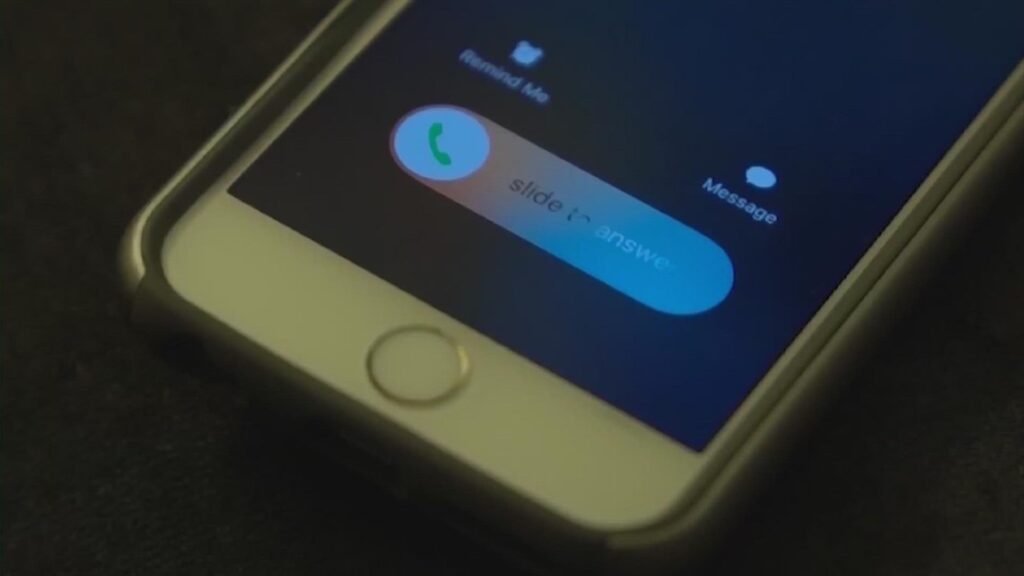U.S. Customs and Border Protection warns citizens to hang up on scam calls impersonating federal agents.
HOUSTON — U.S. Customs and Border Protection is urging people to hang up on callers claiming to be federal agents who request personal information, as telephone scammers continue targeting residents nationwide to bypass financial security protocols.
The Houston office issued the warning Tuesday after receiving numerous calls from concerned citizens who were contacted by scammers posing as U.S. Border Patrol agents and CBP officers.
“If CBP suspects illegal activity, we will not call a suspect or a victim requesting money or Social Security numbers,” said CBP Houston Acting Director of Field Operations Rod Hudson. “To be clear, CBP will not make telephone calls threatening citizens that law enforcement is on the way or promising money for information.”
The scammers typically tell potential victims that CBP has intercepted a shipment of drugs bearing the target’s name and address, insisting that cooperation is essential to resolve the case. When targets refuse to comply, the callers threaten that police will arrive at their homes.
To appear legitimate, scammers provide actual CBP employee names and phone numbers that can be found online, along with fake case numbers and badge numbers. Some calls feature pre-recorded messages claiming a “shipment of drugs or money with your name on it and has been intercepted,” then instruct targets to press #1 to speak with a supposed CBP officer who attempts to obtain banking information.
“Anyone receiving a call from U.S. Customs and Border Protection about self-deportation, or a shipment of drugs or money should recognize that it is a scam, regardless of how authentic the caller may sound,” Hudson added.
CBP emphasizes several red flags that indicate a scam call: The agency never calls people unexpectedly with promises of money or threats, never requests fees or personal financial information over the phone, and never uses gift cards, cryptocurrency, or wire transfers for payments.
The agency warns that scammers can manipulate caller ID to make their numbers appear legitimate, so residents should not trust the displayed information. Instead, people who receive suspicious calls should hang up and contact CBP directly through official channels found on the agency’s website.
Citizens can report phone scams to the Federal Trade Commission online. The Department of Homeland Security and CBP do not solicit money over the phone under any circumstances.
